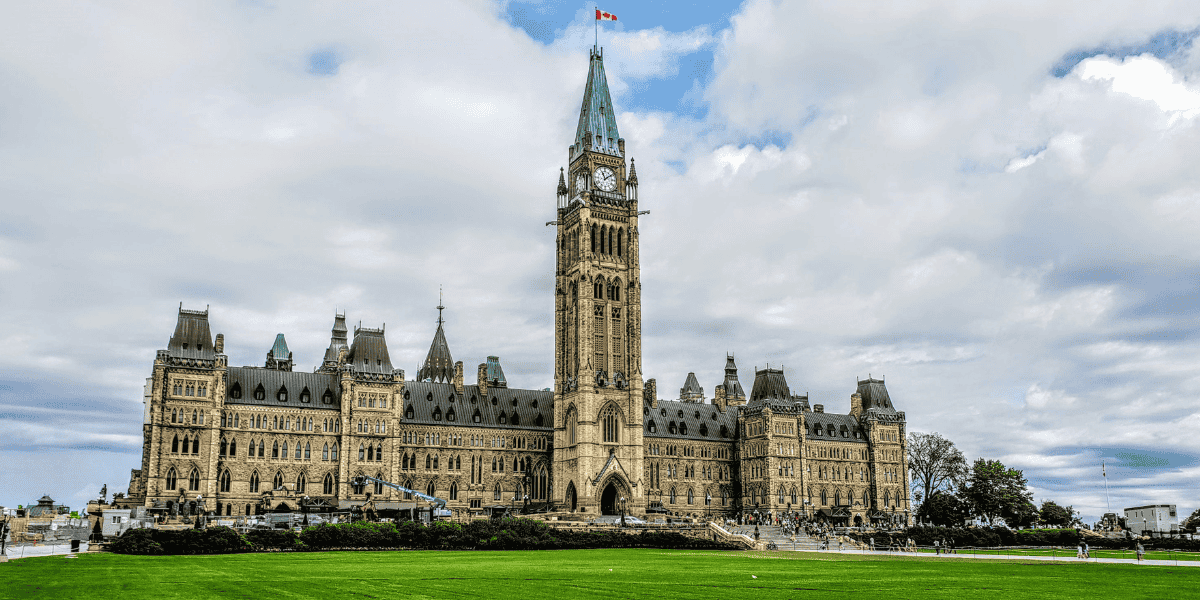On 15 December 2022, Bill C-32, the Fall Economic Statement Implementation Act 2022, received Royal Assent in Canada. Key measures adopted in Bill C-32 to make life more affordable include:
- Permanently eliminating interest on Canada Student Loans and Canada Apprentice Loans to reduce the burden of student loans on young Canadians.
- Cutting taxes for Canada’s growing small businesses from 15 per cent to 9 per cent by more gradually phasing out their access to the small business tax rate.
- Requiring Canada’s largest financial institutions to pay their fair share by implementing the Canada Recovery Dividend, a one-time, 15 per cent tax on taxable income above $1 billion of banking and life insurer groups.
- Helping young Canadians afford a down payment faster with the new Tax-Free First Home Savings Account, which will allow prospective first-time home buyers to save up to $40,000 tax-free toward their first home starting in mid-2023.
- Helping Canadians save on closing costs by doubling the First-Time Home Buyers’ Tax Credit to provide up to $1,500 in direct support to home buyers, starting in 2022, to offset increasing closing costs involved in buying a first home.
- Helping families afford to have a grandparent or a family member with a disability move back in if they want to with a new, refundable Multigenerational Home Renovation Tax Credit of up to $7,500, starting January 1, 2023.
- Cracking down on house flipping by ensuring that profits from flipping properties held for less than 12 months are fully taxed, starting in 2023, with certain exceptions for unexpected life events (e.g. death, divorce).
- Supporting the launch of the new Canada Growth Fund, which will help bring to Canada the billions of dollars in new private investment required to reduce emissions, grow economy, and create good jobs at the same time.
- Securing Canada’s competitiveness by introducing a new 30 per cent Critical Mineral Exploration Tax Credit for specified mineral exploration expenses incurred in Canada.
- Eliminating flow-through shares for fossil fuel sector activities by no longer allowing oil, gas, and coal exploration and development expenditures to be renounced to a flow-through share investor.














